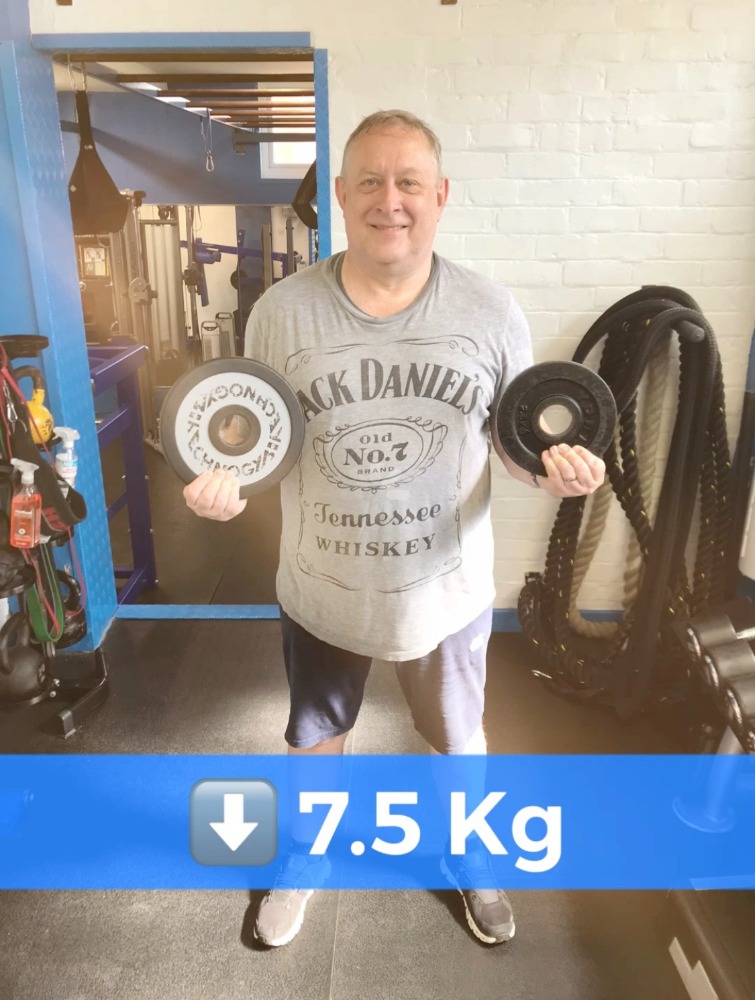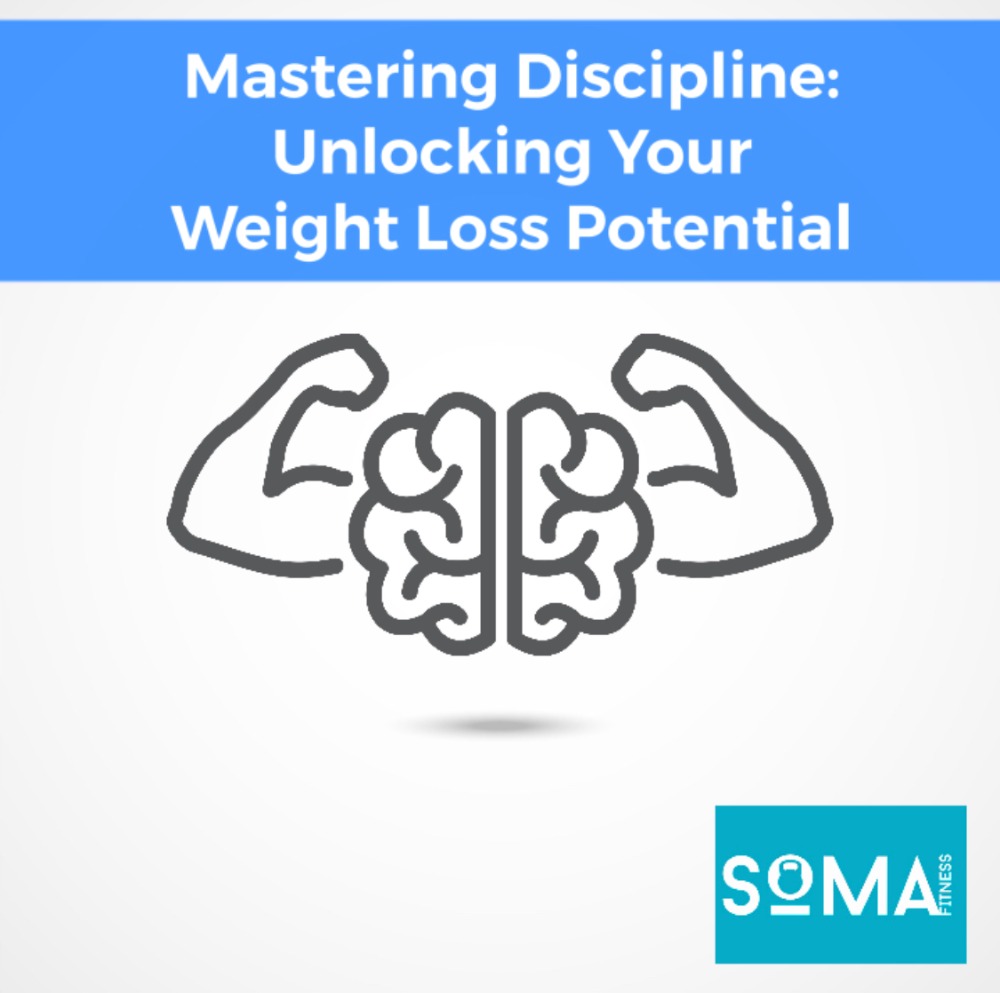10 Signs That Indicate You Need to Hire a Personal Trainer
In the pursuit of health and fitness, many individuals find themselves at a crossroads where they question whether they should hire a personal trainer. Making the decision to invest in a personal trainer is a significant step towards achieving your fitness goals, as it provides you with guidance, motivation, and expertise tailored specifically to you and your needs.
In this article, we will look into 10 signs that indicate it may be time for you to hire a personal trainer. We will also delve into the psychological aspects people often consider when contemplating this decision.
1. Lack of Knowledge and Guidance:
One of the primary reasons to hire a personal trainer is when you lack the knowledge and guidance necessary to create an effective fitness plan. Understanding proper form, exercise techniques, and program structure can be challenging for beginners. A personal trainer can provide valuable education and guidance, ensuring you perform exercises correctly and safely and create an effective program for you that you can progress.
Psychological Approach: Hiring a personal trainer in this situation signifies a desire to acquire the necessary knowledge and skills to become more self-sufficient in your fitness journey. It demonstrates your willingness to learn and develop expertise.
Example:
Imagine you decided to hire a personal trainer in the past, but the service you received was subpar. The trainer lacked the energy, knowledge, failed to provide proper guidance, and didn’t address your specific needs and tailor the program bespoke to you as an individual. As a result, you felt frustrated and stagnant in your progress. This experience highlights the importance of finding a trainer who operates at the highest standards, like those here at Soma Fitness, where we consistently strive to improve our service that our clients experience.
2. Lack of Motivation:
If you find it challenging to stay motivated to exercise regularly or push yourself during workouts, hiring a personal trainer can be a game-changer. A personal trainer acts as an accountability partner, motivator, and source of encouragement. They can create personalised programs that align with your goals, keeping you engaged and enthusiastic about your fitness journey.
Psychological Approach: Seeking the assistance of a personal trainer in this scenario suggests a need for external motivation and accountability. It demonstrates your acknowledgment that you may benefit from having someone to inspire and push you beyond your comfort zone.
3. Plateauing in Progress:
Experiencing a plateau in your fitness progress is discouraging. If you find that your workouts have become stagnant, and you’re no longer seeing improvements, a personal trainer can help reignite your progress. Trainers have the expertise to introduce new exercises, adapt and adjust your training intensity, and modify your workout routine to overcome plateaus and achieve new breakthroughs.
Psychological Approach: Considering hiring a personal trainer when facing a plateau reflects your desire to break through and progress. It shows that you’re open to change, willing to explore new strategies, and committed to reaching higher levels of fitness. This stage will require some discomfort which will be extremely rewarding.
4. Specific Goals and Challenges:
Whether you’re training for a marathon, aiming to lose weight for your holiday, or rehabilitating from an injury, hiring a personal trainer who specialises in your specific goals and challenges can be invaluable. Trainers possess the knowledge and experience to design customised programs that alight with your unique needs, ensuring optimal results are achieved for the time frame available and reducing the risk of injury.
Psychological Approach: Seeking a personal trainer in this situation demonstrates your commitment to achieving your specific goals. It signifies your recognition that professional guidance is essential to navigate the complexities associated with your desired outcomes in the time frame that you have available to achieve those goals.
5. Limited Time and Efficiency:
Modern life is often hectic, leaving little time for exercise. If you struggle to find the time or struggle with inefficient workouts, hiring a personal trainer can help optimise your training sessions. Trainers can create time-efficient workouts that maximise results, ensuring you make the most of the time you invest in your fitness. I always say to our coaches we have to be like snipers, what this means in ensuring the quality of each rep and each set is at the best of your ability. As personal trainers we are here to assess and progress the quality of your training.
Psychological Approach: Contemplating hiring a personal trainer due to time constraints indicates your prioritisation of fitness and well-being despite a busy schedule. It showcases your desire to find efficient solutions and make the most of the time you dedicate to your health.
6. Lack of Confidence:
Many individuals feel self-conscious or lack confidence when exercising, especially in crowded gyms. Hiring a personal trainer within a private faculty provides a supportive environment where you can work on your fitness goals without fear of judgment. Trainers offer guidance, reassurance, and can help you build self-confidence as you progress. Confidence is like anything else the more time you spend doing a thing, the more skills you develop which then increases your confidence.
Psychological Approach: Considering a personal trainer in this context showcases your desire to overcome insecurities and build a positive relationship with exercise. It signifies your willingness to step out of your comfort zone and embrace a supportive environment for personal growth.
7. Inadequate Progress Monitoring:
Tracking progress is essential to gauge your fitness journey accurately. If you struggle to measure your progress effectively or lack the tools to do so, a personal trainer can help. Trainers implement assessment methods, monitor your progress, and make adjustments to your training plan accordingly.
Psychological Approach: Contemplation on hiring a personal trainer for progress monitoring indicates your commitment to achieving tangible results. It showcases your desire for accountability, tracking, and measurement as key elements in your fitness journey.
8. Safety Concerns:
Injuries can be a significant setback in any fitness program. If you have concerns about performing exercises safely or have a history of injuries, a professional personal trainer can guide you through proper form, technique, and injury prevention strategies. They can create a program that takes your unique circumstances into account, reducing the risk of injury.
Psychological Approach: Considering a personal trainer due to safety concerns demonstrates your commitment to taking care of your body and minimising the risk of injury. It indicates your recognition that professional guidance is crucial to maintain your long-term well-being. Just in the same we may hire a Golf coach to improve our skills on the course, it’s equally important to hire a coach to improve your skills in the gym.
9. Lack of Support System:
Embarking on a fitness journey alone can be challenging, especially if you lack a support system. Hiring a personal trainer not only provides professional guidance but also offers emotional support. Trainers are invested in your success and provide the encouragement and support necessary to keep you motivated and accountable. We are an ear to listen and we will give you our honest feedback to help you progress.
Psychological Approach: Reflecting on hiring a personal trainer to fill the support gap suggests your need for a positive influence and a source of encouragement during your fitness journey. It shows your recognition that having someone in your corner can make a significant difference in your progress and mindset. Together we can go far!
10. Long-Term Lifestyle Change:
If you desire a long-term lifestyle change and not just a short-term fix, hiring a personal trainer can be instrumental. Trainers help you develop healthy habits, provide nutrition guidance, and offer ongoing support to ensure you maintain your progress and make sustainable changes for a healthier body long term. It’s all good going monk mode and doing a 12 week transformation however the true wins are in the sustainability of the good habits you can create in the pursuit of health and longevity.
Psychological Approach: Considering a personal trainer for long-term lifestyle change demonstrates your commitment to lasting transformation. It showcases your recognition that investing in professional guidance and support is essential to achieve sustainable results and maintain a healthy lifestyle for the long run. Quick fixes don’t last and are usually detrimental to long term progress.
Hiring a personal trainer is a decision that should be considered carefully, taking into account both the physical and psychological aspects of your fitness journey. The signs we have discussed serve as indicators that a personal trainer may be the missing piece in your pursuit of optimal health and fitness. So stop contemplating and take action today. At Soma Fitness, our coaches operate at the highest standards in the industry, continually reviewing and improving our service to ensure our clients receive the expertise, support, and guidance they deserve. Remember, investing in yourself is a worthy investment, and a personal trainer can be a valuable partner on your path to success.











Recent Comments